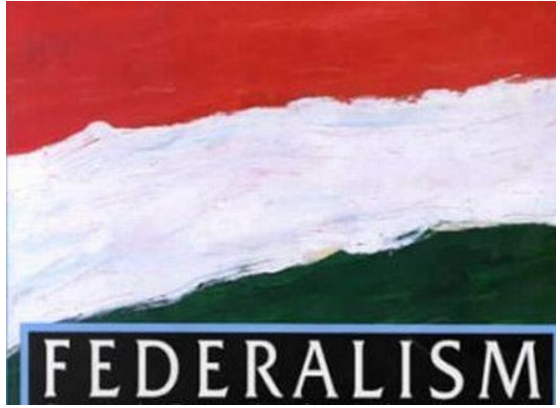
Federalism
Federalism of Class 10
Federalism is a system of government in which the power is divided between a central authority and various constituent units of the country. Usually, a federation has two levels of government. One is the government for the entire country that is usually responsible for a few subjects of common national interest. The others are governments at the level of provinces or states that look after much of the day-today administering of their state. Both these levels of governments enjoy their power independent of the other.
Under the unitary system, either there is only one level of government or the subunits are subordinate to the central government. The central government can pass on orders to the provincial or the local governments but in a federal system, the central government cannot order the state government to do something. State government has powers of its own for which it is net answerable to the central government. Both these government are separately answerable to the people.

KEY FEATURES OF FEDERALISM:
- There are two or more levels (or tiers) of government.
- Different tiers of government govern the same citizens, but each tier has its own jurisdiction in specific matters of legislation, taxation and administration.
- The jurisdictions of the respective levels or tiers of government are specified in the constitution. So the existence and authority of each tier of government is constitutionally guaranteed.
- The fundamental provisions of the constitution cannot be unilaterally changed by one level of government. Such changes require the consent of both the levels of government.
- Courts have the power to interpret the constitution and the powers of different levels of government. The highest court acts as an umpire if disputes arise between different levels of government in the exercise of their respective powers.
- Sources of revenue for each level of government are clearly specified to ensure its financial autonomy.
- The federal system thus has dual objectives: to safeguard and promote unity of the country, while at the same time accommodate regional diversity. Therefore, two aspects are crucial for the institutions and practice of federalism. Governments at different levels should agree to some rules of power sharing. They should also trust that each would abide by its part of the agreement. An ideal federal system has both aspects : mutual trust and agreement to live together.









